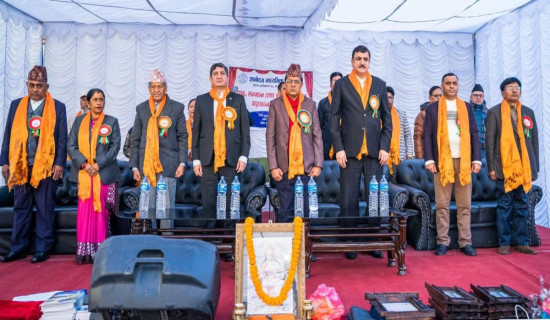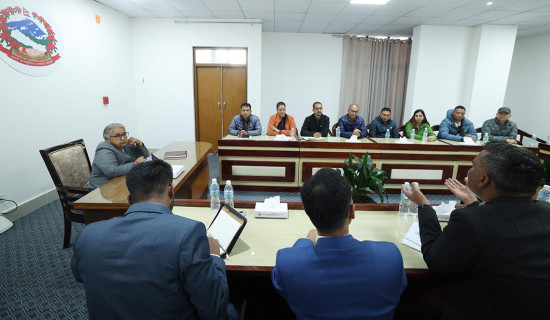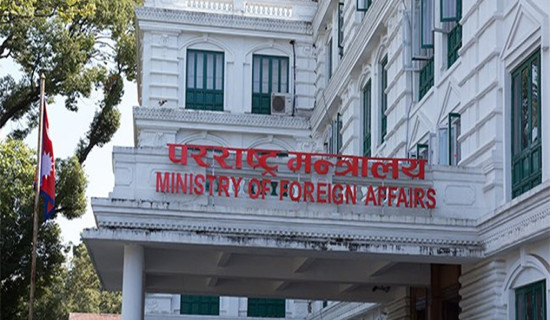- Monday, 1 December 2025
For Direct Democracy
Gopal Pangeni
Many people are now discussing direct election of the prime minister, which was a major political agenda item of the Gen Z revolution on September 8. In a nation where instability has been a major political issue, it is imperative to think about whether such a system of choosing an executive head could stabilise the governance and bring much-needed prosperity. Some argue that in a nation of greater diversity, one single person cannot represent the aspirations of all the people and would eventually lead to authoritarian rule. On the other hand, people advocating direct election argue by referring to the provisions of checks and balances in the constitution, which would allow the parliament to remove the PM by a two-thirds majority.
Despite the checks and balances within the system being discussed and expected, there’s always a risk of favouritism in the appointment of ministers in the name of appointing subject matter experts. The current practice of appointing experts in various political appointments makes us believe that only handpicked bootlickers get such opportunities without following any kind of due process for selecting such appointments. Not a single party has any kind of mechanism that is transparent and allows competition among meritorious ones. If this attitude and practice remain prevalent, the appointment of ministers, even in the system of a directly elected prime minister, would be at the discretion of such a prime minister.
And if the people like the preceding couple of PMs would come to power, the risk of favouritism would remain, no matter what the method of appointing the PM. The real issue is that the wrong person may still be elected and the risk would always remain there. Among checks and balances to limit the PM against wrongdoings like favouritism in appointing ministers, as well as the PM acting against the national will, the new system of appointing ministers directly from the electoral college of constituencies of different professional and subjective councils would solve most of those problems.
Additionally, it would ensure the expert ministers are responsible for maintaining the checks and balances of power. The PM and the parliament’s lower house would always have the right to remove such ministers, where, in the case of the PM initiating the dismissal himself, it must be ratified by the parliament. The “electoral college” of appointment of ministers would be such that each minister would be directly appointed by the representatives of constituencies of various professional and subjective councils, where such constituencies would consist of different stakeholders and subject matter experts.
For example, a finance minister may be appointed by an electoral college of representatives from 15 constituencies where he must secure more than 50 per cent of seats in that particular college and such constituencies could be the council of economists, council of professional accountants, council of bankers, council of management consultants, council of representatives of industries and commerce associations, etc.
A member of such a council would directly vote for the candidate in their respective constituency. This system of direct election would ensure competition among the meritorious candidates and communicate the intellectual and experts’ ratification of such ministers. In a nation where governance is eluded and dampened, where a handful number of people control the entire party by promoting factionalism, ultimately implementing favouritism and nepotism, it’s time to think of a system that would ensure extensive people’s participation and strengthen democracy. Let’s march towards the era of direct and absolute democracy.



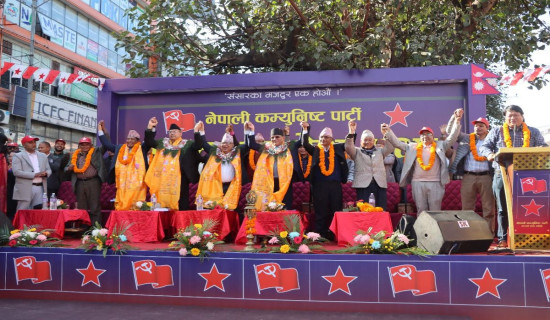

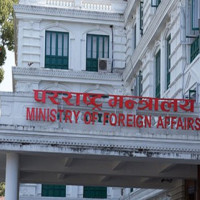
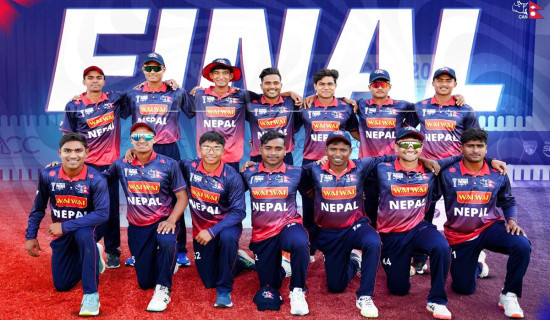

-square-thumb.jpg)


